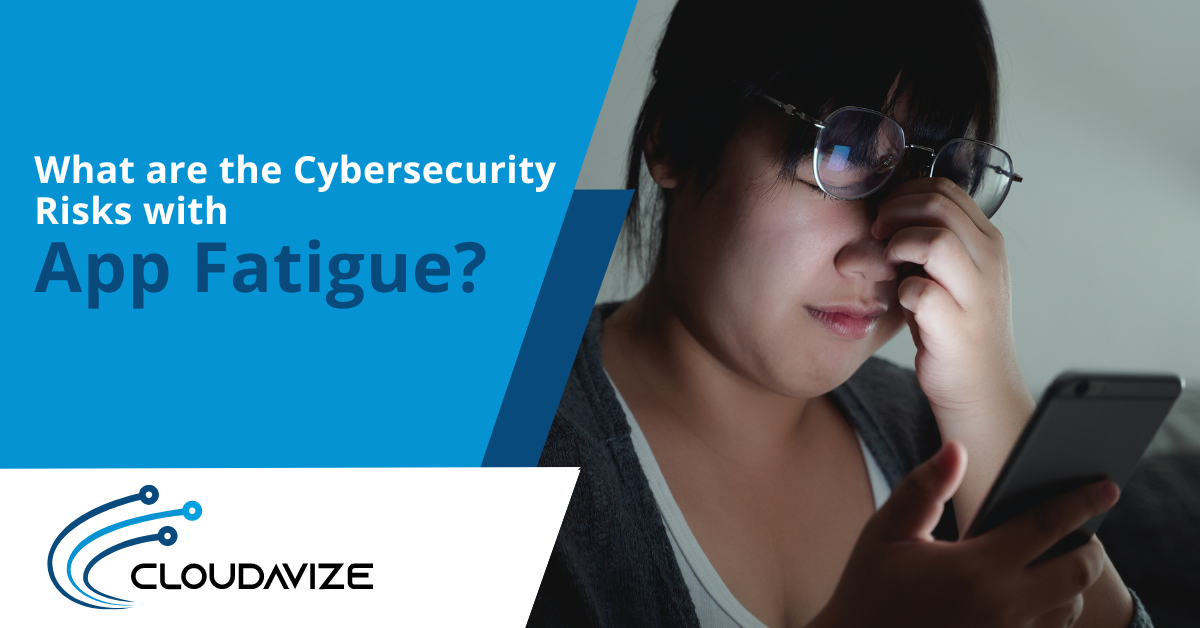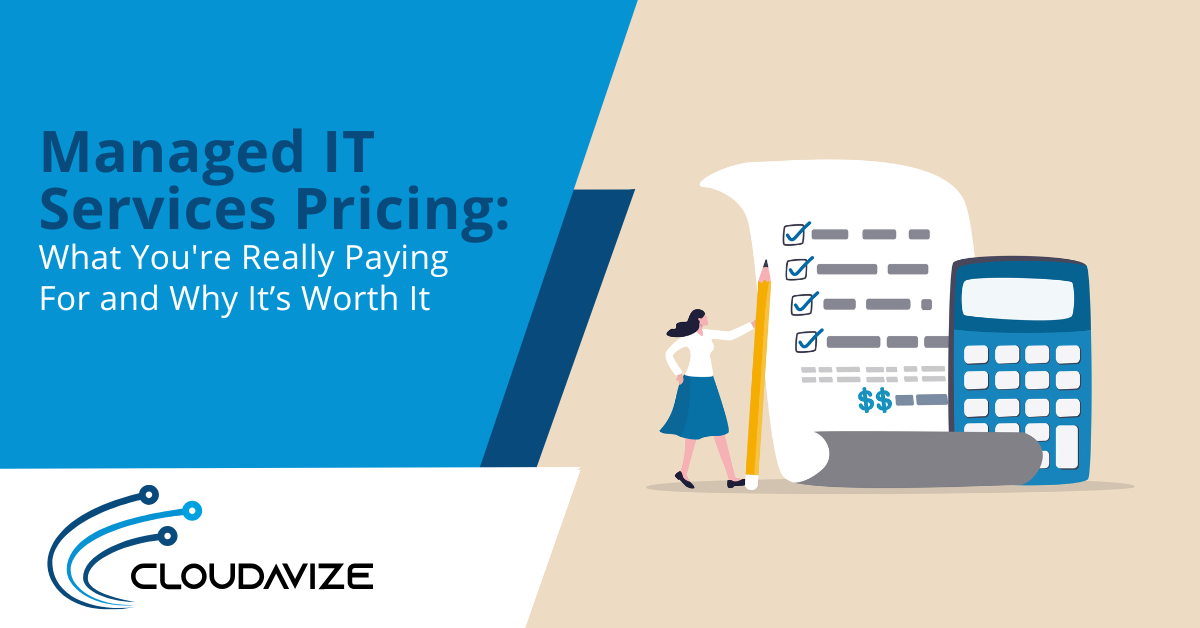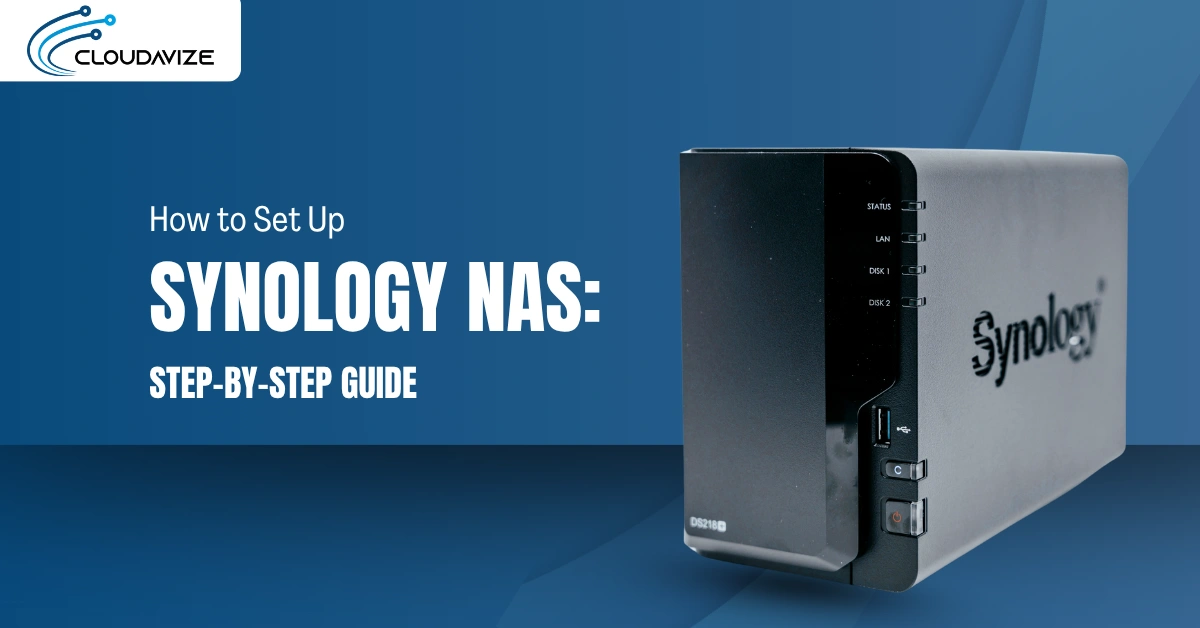In today’s digital age, apps have become integral to our daily lives. We use them for everything from socializing and shopping to banking and working. But with so many apps to choose from, and so much time spent using them, there’s a growing concern about “app fatigue” and the potential cybersecurity risks that come with it.
Statista records that users’ time on mobile apps increased by 30% between 2019 and 2020. An average person uses approximately 30 apps per month and spends an average of 3 hours daily on their phone. With these data in mind, it’s clear that app fatigue is a real and pressing issue.
App fatigue refers to the phenomenon of people becoming overwhelmed and fatigued from the constant use of apps and the abundance of options available for downloading and using apps. It can lead to decreased productivity and increased risk of data breaches, as people may overlook important updates or security alerts and start using shortcuts or workarounds that put them at risk of cyberattacks.
App fatigue affects individual users and businesses as they have to secure and manage many applications and devices. It’s essential to stay informed and take the necessary steps to protect yourself and your organization from cyber-attacks.
Keep reading to find out and learn about the potential cyber security risks attached to App fatigue
Table of Contents
Potential Cybersecurity Risk from App Fatigue
Here are the 6 potential cybersecurity risk from app fatigue:
- Downloading Apps From Untrusted Sources
- Using Too Many Apps At Once
- Sharing Personal Information or Login Credentials
- Not Being Aware of App Permissions
- Outdated Apps
- Phishing Scams
Downloading Apps From Untrusted Sources
With app fatigue, people may become complacent when downloading and using apps. They may download apps without adequately researching or considering the potential risks. This can lead to people downloading apps that are not legitimate or that have been created with malicious intent.
Using Too Many Apps At Once
With app fatigue, people may be using too many apps at once, leading to decreased productivity and increased risk of data breaches. With so many apps to manage and keep track of, it can be easy to overlook essential updates or security alerts.
Sharing Personal Information or Login Credentials
People may start using shortcuts or workarounds to make accessing and using apps easier. These shortcuts may involve sharing personal information or login credentials with third-party apps or websites, putting people at risk of identity theft or other cyberattacks.
Not Being Aware of App Permissions
People may ignore the permissions that apps are requesting and grant unnecessary permissions, which can lead to data breaches and put personal information at risk.
Outdated Apps
With app fatigue, people may not keep track of updates and security alerts for all the apps they use. This can lead to outdated apps being used, which can be vulnerable to cyber-attacks and data breaches.
Phishing Scams
App fatigue may cause people to become more susceptible to phishing scams, as they may not be paying as much attention to the apps they are using or the emails they are receiving. Hackers may use phishing scams to trick people into downloading and installing malware or giving away personal information.
Combat App Fatigue and Protect Against Attacks
Now that you know the risks of app fatigue, it is essential to know how to prevent against any attack and improve your cybersecurity:
- Research Apps Before Downloading
- Keeps Apps Updated
- Use A Password Manager
- Be Aware of App Permissions
- Use Mobile Security Software
- Be Cautious of Phishing Scams
- Limit The Number Of Apps You Use
Research Apps Before Downloading
Ensure that you are mindful of the apps you download and use. Research the applications before downloading them, and be sure only to download apps from reputable sources.
Keeps Apps Updated
You should regularly check for updates and security alerts for all your apps.
Use A Password Manager
A password manager helps keep track of all your login credentials and ensures that you use a different password for every account. With a password manager, you do not have to think of every password you use and don’t have to use weak passwords that are easy to guess.
Be Aware of App Permissions
Grant only permission necessary for the app to function and avoid granting unnecessary permissions.
You must be careful about sharing personal information or login credentials with third-party apps and websites.
Use Mobile Security Software
Mobile security software can help protect your device from malware and other cyber threats.
Be Cautious of Phishing Scams
Be aware of phishing scams and be careful not to click on links or download attachments from unknown sources.
Limit The Number Of Apps You Use
It would be best to limit the number of apps you use to those essential. It will decrease the risk of data breaches and increase productivity.
Stay Protected. Schedule A Consultation Today!
Cloudavize has a team of IT professionals who can help you secure your apps, and data from potential cyberattacks.
Don’t let app fatigue put you at risk! Take action now.
Call us at (469) 250-1667 or reach us online



